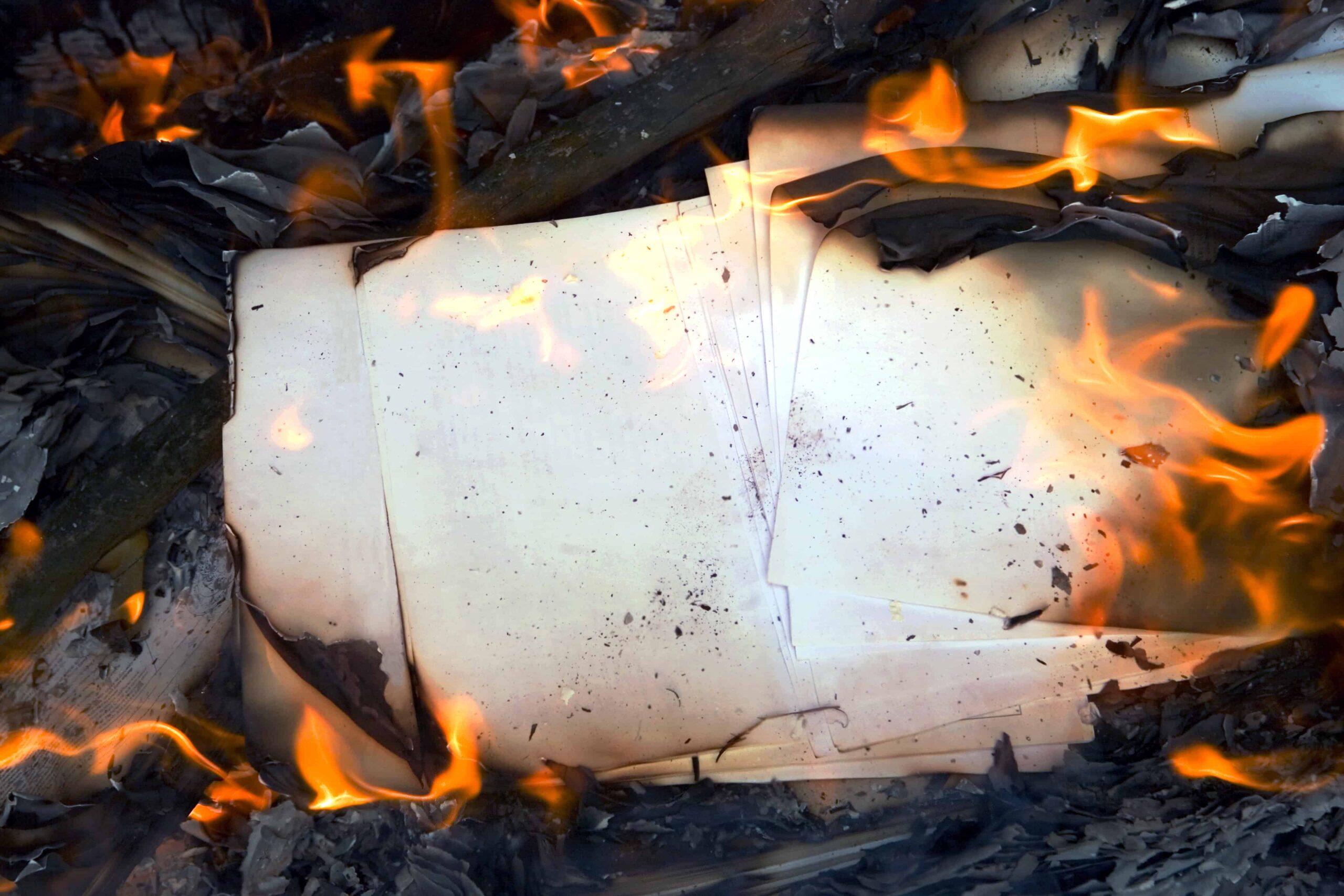
21 March 2024
|Sex / Gender
ET / EAT Procedure
Farore Law successful in EAT decision to strike-out a claim after liability judgment
Suzanne McKie KC and Lucas Nacif (with Sarah Garth of Keystone Law) successfully acted for the Senior Executive and Corporate Respondents in R Kaur v (1) Sun Mark Ltd; (2) Lord Ranger; (3) Sea, Air and Land Forwarding Ltd; and (4) Harmeet Singh Ahuja [2024] EAT 41. This is an Employment Appeal Tribunal (“EAT”) decision which concerned whether the Employment Tribunal was correct to strike-out a Claimant’s claim after liability judgment, in circumstances where the Claimant destroyed disclosable documents prior to the remedies hearing.
Facts
Farore Law’s clients were senior executives (including a member of the House of Lords) of a leading retailer who were accused of direct sex discrimination and victimisation by a junior employee. Those senior executives and their company became respondents to the claim, which was first launched in the Tribunal 2020. The Claimant succeeded (in part) on her claims at the liability hearing in 2020 and a remedies hearing was to be listed.
In this case, the Claimant’s schedule of loss stood at £673,055.65 and majority of her losses were said to be attributed to her mental health, which were allegedly impaired by reason of the Respondents’ conduct, impacting on her future ability to work.
Prior to the remedies hearing, we had made an application for disclosure of the Claimant’s notebook and mobile Phone, which contained entries regarding her mental health and a covert recording relevant to her victimisation claim against Lord Ranger. These were documents, the existence of which was first disclosed mid-way through the liability hearing and which the Respondents had a limited opportunity to inspect.
The Respondents wanted forensic examination of the notebook to confirm its authenticity and also wanted inspection of the Phone as there was a suggestion that the Claimant did not disclose the full recording of her conversation with Lord Ranger. These documents were relevant for the remedies hearing given that it could have undermined the Claimant’s case as to the effect on her mental health of the treatment she had alleged she had experienced whilst employed by the Respondents. These documents could have also undermined her credibility in general.
A Preliminary Hearing was listed on 31 October 2022 to determine the Respondents’ disclosure applications. The day before, the Claimant, for the first time, revealed in a witness statement that she had destroyed the notebook and the Phone. The hearing as adjourned and relisted for January 2023 to determine whether the Claimant’s claim should be struck out pursuant to rule 37(1)(b) of the ET Rules.
In the January 2023 Preliminary Hearing, Suzanne McKie KC successfully persuaded the Tribunal to strike out the entirety of the Claimant’s £673,000 claim against the Respondents, following a finding by the ET that the Claimant had chosen deliberately destroy documents relevant to the remedies hearing. These findings of fact were made after extensive cross-examination of the Claimant. In striking-out the Claimant’s claim, EJ Hyams described the Claimant’s justifications for destroying these documents to be “evasive and objectively unjustified” and “nonsensical”. The judge also considered her conduct to be “inimical to the doing of justice”. He found that a fair hearing of the remedies claims in this case was no longer possible.
The Claimant appealed to the EAT.
Legal Framework
Rule 37(1)(b) of the ET Rules provides that “At any stage of the proceedings, either on its own initiative or on the application of a party, a Tribunal may strike out all or part of a claim or response on any of the following grounds— […] (b) that the manner in which the proceedings have been conducted by or on behalf of the claimant or the respondent (as the case may be) has been scandalous, unreasonable or vexatious”.
In striking out a claim under rule 37(1)(b), the ET must consider the following factors summarised in Bolch v Chipman [2004] IRLR 140:
- There must be a conclusion by the Tribunal that the proceedings have been unreasonably conducted by or on behalf of the party.
- The Tribunal needs to ask whether a fair trial still remains possible, since a striking out order cannot be regarded as a punishment.
- Once the Tribunal concludes that a fair trial is no longer possible, there still remains the question as to what remedy the Tribunal considers proportionate to its conclusion.
- The Tribunal must ask what the appropriate consequence should be for the unreasonable conduct and whether there are any alternatives which are more appropriate than striking out. For example, instead of striking out, it may debar a litigant from taking any further part in a hearing.
The High Court has held in Active Media Services Inc v Burmester, Duncker & Joly GmbH & Co Kg & Ors [2021] EWHC 232 (Comm) that (in the context of the CPR) “[t]he starting point in a case of deliberate destruction of documents is that if a fair trial of the action cannot then take place, the destroying party’s case should be struck out. And of course, the later that the destruction take place, the worse the position; it may make a fair trial of the action less likely”.
The EAT decision
On 21 March 2024, Eady J held that the Employment Tribunal had been entitled to conclude that the Claimant’s conduct was designed to frustrate the doing of justice and that her conduct meant that a fair trial of the remedy claim no longer remained possible. Given the severity of the Claimant’s conduct, striking out her entire remedy claim was the most proportionate and appropriate sanction. Eady J observed that although striking out was a draconian measure, “[t]hat was a conclusion that was open to [EJ Hyams] in the particular, and unusual, circumstances of this case”.
What to take away
The judgment confirms that it is possible to strike-out a claim after liability judgment, provided that it can be shown that it is no longer possible to have a fair trial at the remedies hearing. In this case, the Claimant was seeking compensation in the sum of £673,055.65 (as she argued that she was unable to work in the future due to her mental health). Prior to the remedies hearing, she destroyed documents which were subject to a disclosure application made by the Respondents. These were documents which could have been material to the remedies hearing and so her decision to destroy them (to frustrate the possibility of the Employment Tribunal making a disclosure order) was “designed to frustrate the doing of justice”, such that it’d be unjust for the case on remedy to proceed.
The EAT also rejected the Claimant’s argument that her actions of destruction did not form part of the legal proceedings (because, she said, the destruction occurred after the liability judgment had been reached). The EAT agreed with us that the proceedings were clearly still live and ongoing as a remedies hearing had been listed at the time of the destruction.
Given the above, the Sun Mark decision highlights that litigants must approach their disclosure duties properly and ensure they retain all potentially relevant documents, even after the liability decision has been handed down. This decision also highlights that the Employment Tribunals can adopt an approach similar to the civil courts, where striking out when a party has frustrated the course of justice may be more common.
Click here for the Sun Mark decision.









